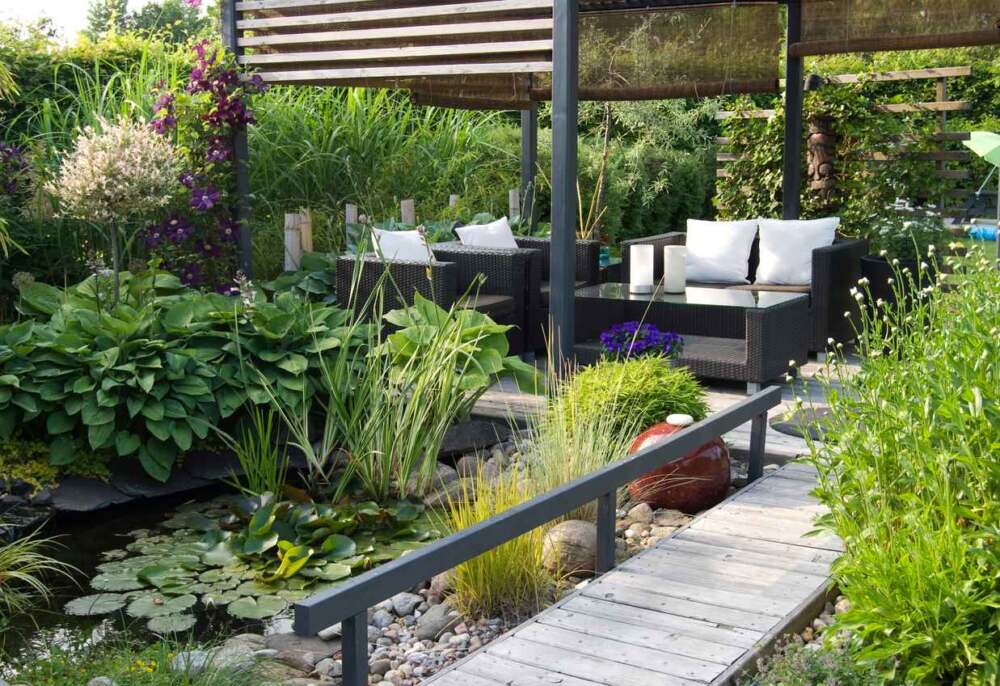Gardening is often considered a peaceful escape, a place to unwind and connect with nature. For many, it’s not just a hobby but a form of therapy, a chance to step away from the stresses of daily life. However, this sense of tranquility can sometimes be disrupted by well-meaning neighbors, casual passersby, or unexpected conversations. This was the exact dilemma faced by a reader in the September 15, 2025 edition of Asking Eric, who reached out expressing frustration about being interrupted while tending to their garden. Despite enjoying compliments from neighbors, the reader wished to spend uninterrupted time focusing on plants, pruning, and landscaping projects.
Eric Thomas, the advice columnist, emphasized that these feelings are valid and common. Many people struggle to balance sociability with the need for personal space, especially in shared or visible outdoor areas. According to Thomas, the key lies in setting boundaries that are both respectful and clear. One practical method is using headphones or earbuds. While listening to music or an audiobook can make gardening more enjoyable, simply wearing them—even without audio—acts as a subtle signal that the gardener is not open for conversation. This silent cue can reduce the frequency of interruptions while maintaining a polite appearance.
Another effective strategy is verbal boundary-setting. Thomas recommends short, courteous statements such as, “I’m really focused right now, but I appreciate your kind words,” or “I’d love to chat later, I’m in the middle of gardening.” These phrases acknowledge the neighbor’s friendliness while establishing limits, helping prevent awkward tension or resentment. Repetition of these polite but firm messages can gradually train neighbors to respect personal space without feeling rejected.
In addition to practical strategies, Thomas highlighted the psychological importance of protecting personal time. Gardens are not just outdoor spaces; they are extensions of the self, offering mental clarity, stress relief, and even physical health benefits. Interruptions, no matter how well-intentioned, can break concentration, reduce productivity, and diminish the enjoyment of these restorative moments. By consciously maintaining boundaries, gardeners preserve the therapeutic quality of their outdoor spaces while still fostering positive community relationships.
For those looking for a more structural solution, landscaping choices can also play a role. Planting taller shrubs, installing decorative fences, or creating small garden nooks can provide natural barriers that offer privacy without being unwelcoming. Even simple adjustments, such as positioning benches or pathways to create semi-private areas, can help create a buffer between the gardener and passersby. These design strategies not only enhance the aesthetics of the garden but also reinforce the gardener’s need for solitude.
Ultimately, enjoying a garden without constant interruptions requires a combination of social skills, subtle signaling, and thoughtful design. By using headphones, polite communication, and spatial strategies, individuals can reclaim their outdoor spaces for personal enjoyment while still nurturing positive relationships with neighbors. Gardening, after all, should remain a source of peace and rejuvenation—something to be savored rather than compromised.
Whether you are a seasoned horticulturist or a casual plant enthusiast, taking deliberate steps to protect your time in the garden ensures that this cherished sanctuary remains a place of relaxation, focus, and personal fulfillment. After all, a garden is not just a patch of land—it’s a haven for the mind and spirit, and everyone deserves to enjoy it in peace.
















Leave a Reply